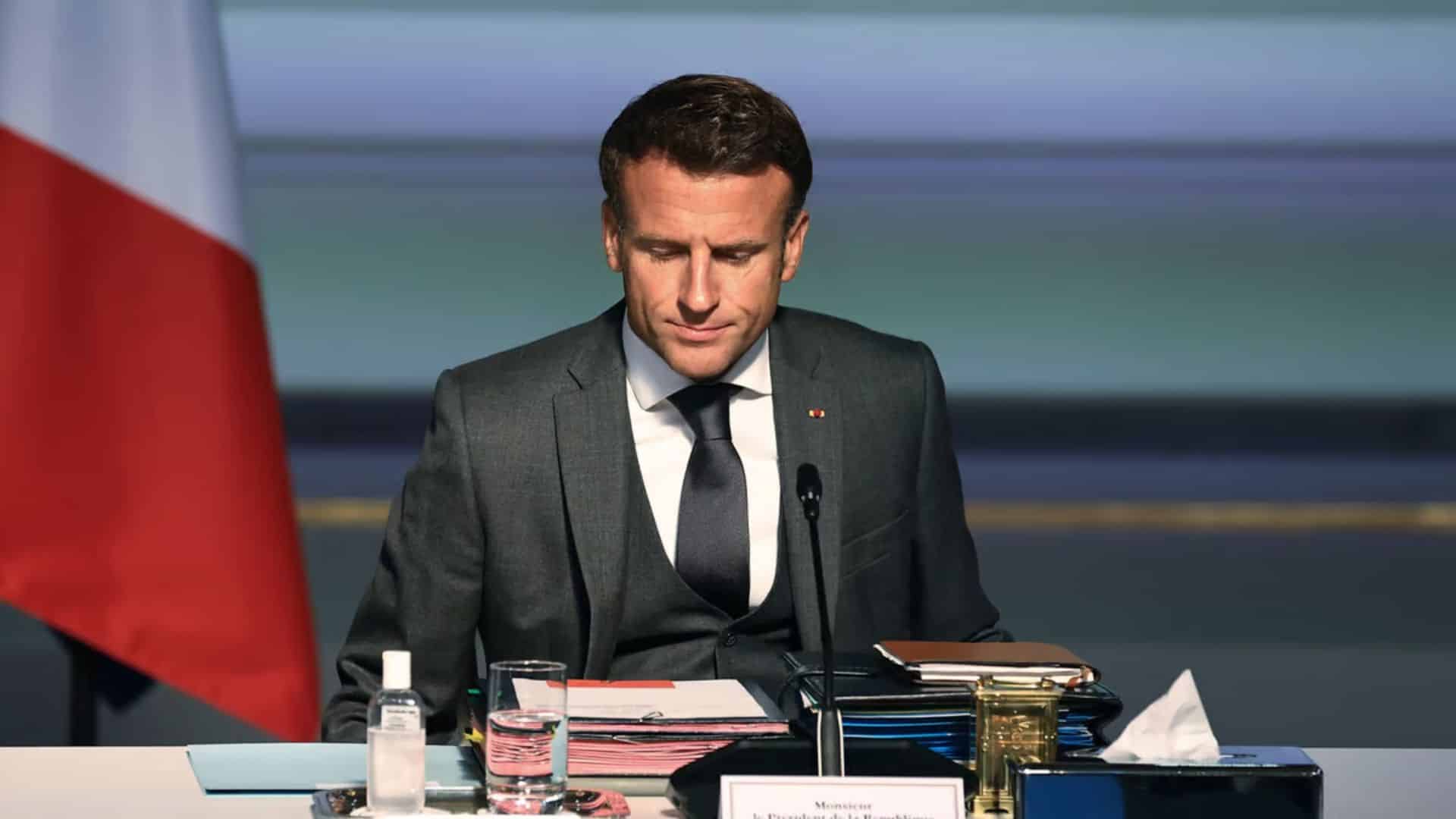
General strike in France: unions to paralyse the country over pension reform
The unions want to “paralyse France” on Tuesday in their biggest push yet to try to stop the government’s pension reform bill, with the aim that the strikes and protests today will be bigger than those carried out so far. The unions hope that a massive popular protest will force the government to back down, just as they did in 1995 with a huge mobilisation against the reform by the government of the conservative Alain Juppé, who had an absolute majority in parliament.
The strike already began on Friday with a reduction in electricity production, while some lorry drivers began to block some roads yesterday, Monday, and the strike on the railways already began last evening, due to the organisation of shifts.
Compared to the other strikes in January and February, this time there will be many more trains and flights suspended. Public transport in the Paris region will also be more affected. “The most affected by the strikes will be the most modest French people,” Prime Minister Élisabeth Borne said in a television interview last night, in which she stressed that a possible paralysis of the country would be “bad for the citizens”.
Trade unions have called for demonstrations across the country and, as usual, the largest will be in Paris. In total, the police expect between 1.1 and 1.4 million people to take part in the protests.
The most controversial points of the reform are the increase in the minimum retirement age from 62 to 64, which would come into force in 2030, and the bringing forward to 2027 of the extension of the contribution period for the maximum pension, from 42 to 43 years, until now planned for 2035.
All polls in recent months show a very large majority rejection of the reform (68 %, according to an Ifop poll published on Sunday) and support for the unions in their plans to continue the strikes beyond Tuesday (56 %, according to another Elabe poll made public on Monday).
However, the government is standing firm, arguing that if there is no reform the system will have an annual deficit of 12.5 billion euros by 2030, and hopes to approve the bill, which is being processed in both chambers of parliament by emergency procedure, this month.











